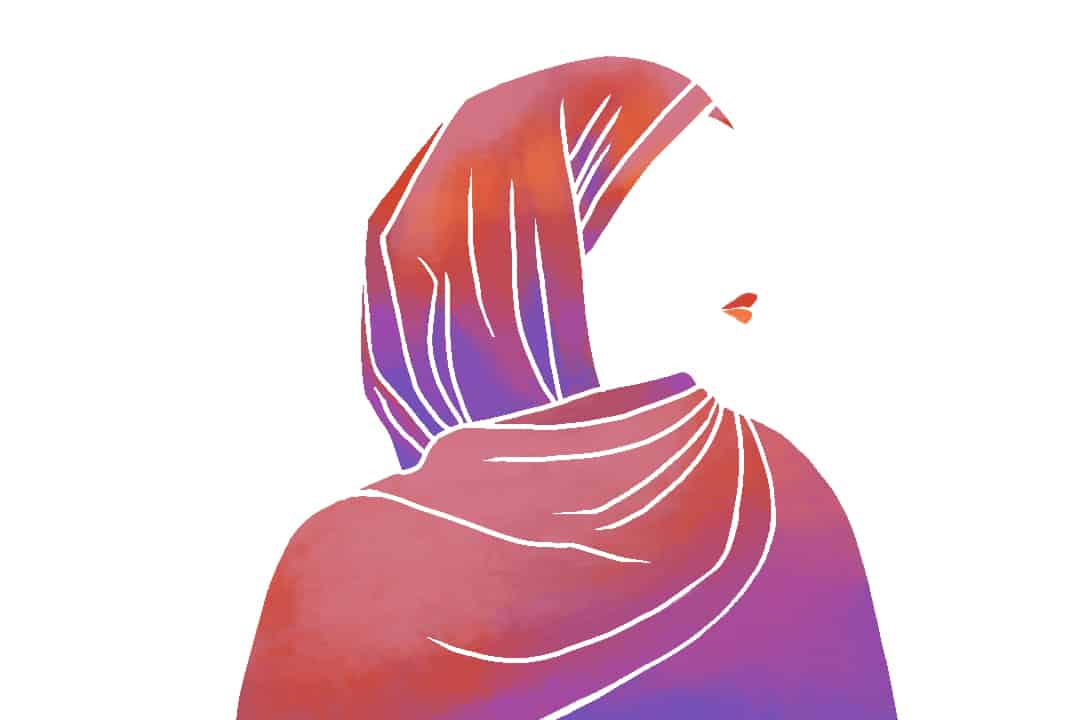Content warning: this article contains descriptions of misogyny and violence, including honour killings.
Mahsa Amini’s death has sparked outrage around the world. In acts of defiance, Iranians have been marching through the streets demanding justice from the Iranian government and speaking out against the increasingly violent harassment perpetrated by the morality police.
Amini was 22 years old when she was arrested by the morality police in the streets of Tehran. Originally from Saqqez, Iran, Amini was visiting Tehran when, on September 13 2022, she was accused by the morality police of disobeying Iran’s strict dress codes by improperly wearing her headscarf. This prompted the morality police to respond in an aggressive, violent manner that resulted in Amini’s hospitalization.
Amini was pronounced dead three days later, and according to Iran’s coroner, her death was due to a cardiac arrest. However, reports have surfaced containing CT scans that have proven that Amini suffered from severe injuries as a result of the morality police. These injuries included a fractured skull, damaged spleen, and internal bleeding.
As a Muslim woman, I feel a personal attachment to this story. The existence of a ‘morality police’ is demeaning and discriminatory against women. It is also an insult to the hijab itself.
The hijab is an extremely significant garment that is worn by Muslim women around the world. Women who choose to wear the hijab do so for reasons relating to their own faith and modesty. It is not meant to be worn as a garment for the government; rather, it is meant to signify one’s faith and devotion to God.
Forcing women to wear the hijab takes away so much of its meaning. To many women, the hijab is liberating, powerful, and a part of their religious identity. It is not something to be punished for or beaten to death over. The existence of the morality police is part of a convoluted system in which modesty is weaponized against women under the guise of Islamic values — when in fact, the entire notion of a morality police is to humiliate women and force them into assimilation through violence.
However, the reality is that the concept of a morality police is a lot more common than we may think. Stories like Amini’s exist all around the world. For instance, in some places, women who are accused of immodest behavior are subjected to what are known as ‘honour killings.’
Honour killings describe the murder of a woman or girl by male family members. These men justify the killing by claiming that the victim engaged in sexually immoral actions and thus brought dishonour to her family. These “immoral” actions range from simply conversing with men to extramarital sex — even if that extramarital sex was rape or sexual assault. These killings occur frequently in India, Pakistan, and the Middle East, yet are suspected of being underreported. One such case was the murder of Qandeel Baloch, a social media star from Pakistan. In a so-called honour killing, Baloch’s brother murdered for her supposedly dishourable behaviour on social media. It’s a sinister thought that some believe a dead woman is “better” than an immodest one.
On the other hand, women also face violence for choosing to dress modestly. In North America, there have been several accounts of women who have had their hijab ripped off their heads by strangers. In some instances, the strangers also hurl racist and Islamaphobic slurs at women and girls wearing a hijab. Various countries have also taken legal measures to prevent women from wearing the headscarf and dressing too modestly. In 2021, the French Senate passed an amendment that banned girls under the age of 18 from wearing a hijab in public.
In both cases, one thing is clear: women’s bodily autonomy is continuously being threatened.
In Iran, the government’s dress code restrictions on women is just another example of the lack of bodily autonomy women have. Women not having a choice, women not being able to wear what they want, and women being labeled and judged for garment choices are all very familiar issues that we’ve seen across the globe. It all comes down to one simple concept: choice.
Therefore, the struggle for women’s rights in Iran is a global fight. As courageous Iranian women continue to fight on the front lines, we as an international community need to make sure their voices are being heard. Amini deserves to have her story shared until she receives justice.
Hiba Faisal is a fourth-year student at University College double majoring in English and political science and minoring in history.


